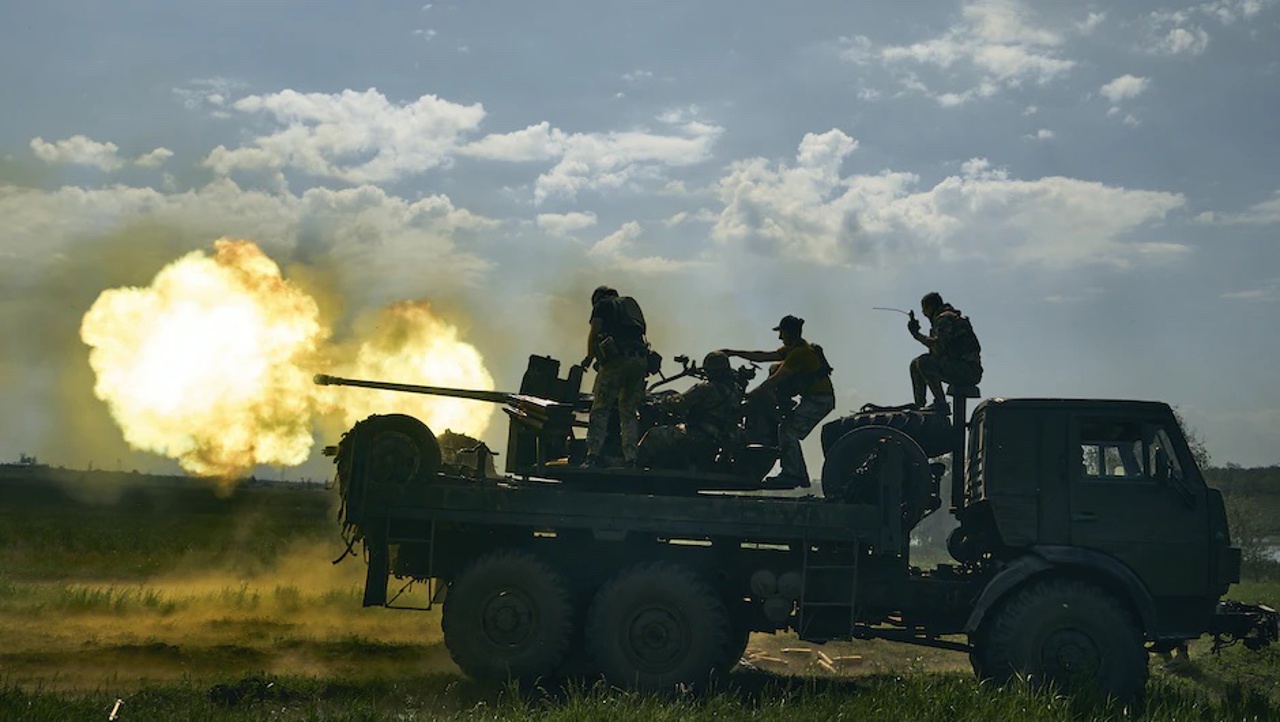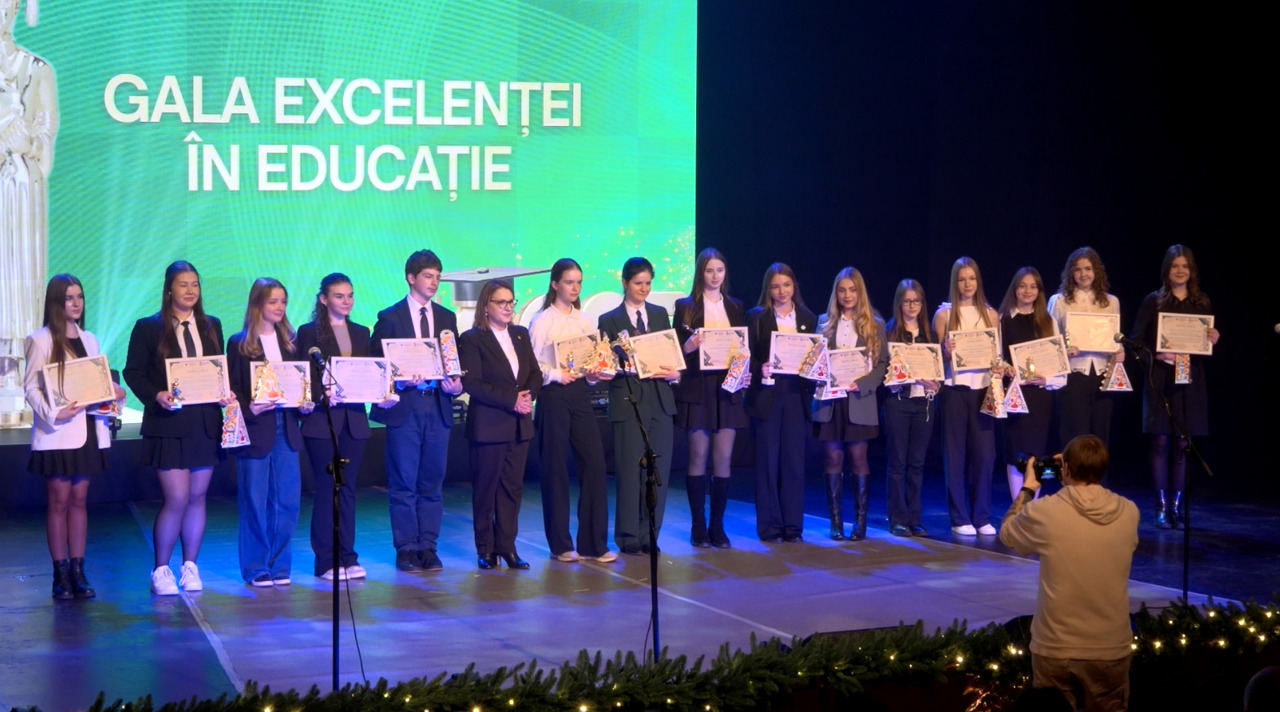Russia denounces the Treaty on Conventional Armed Forces in Europe
President Vladimir Putin promulgated on Monday 19 May a law denouncing the Treaty on Conventional Armed Forces in Europe, after the State Duma adopted a legislative act to this effect, according to Agerpres.

Russian Deputy Foreign Minister Sergei Ryabkov, appointed by Kremlin leader Vladimir Putin to be in charge of the process of Russia's withdrawal from the Treaty on Conventional Armed Forces in Europe, estimated that "it will take about six months for Russia to withdraw completely from the treaty". The official told the State Duma meeting two weeks ago, when the draft law was adopted, that the treaty had become "a relic of the past under current conditions" and that Russia's stay in the treaty would be impossible after the West's destructive actions, according to Agerpres.
The Treaty on Conventional Armed Forces in Europe, signed in 1990 and updated in 1999, was considered a cornerstone of the security architecture in Europe when it was signed, as it removed the Soviet Union's quantitative and numerical advantage in conventional weapons. The treaty set ceilings for each country on the number of tanks, armoured vehicles, heavy artillery pieces, fighter planes and attack helicopters that NATO and Warsaw Pact countries (which formally still existed at the time of the treaty's signing) could deploy between the Atlantic and the Ural Mountains.
After several years of disagreements between Russia and NATO, Moscow suspended implementation of its obligations under the CFE treaty in 2007, citing US plans to deploy missile shield elements in Poland and Romania, which Russia considers a direct threat to its security. Russia suspended the treaty, which sets arms ceilings for member countries, in 2007, a year before invading Georgia. A formal withdrawal now follows.





